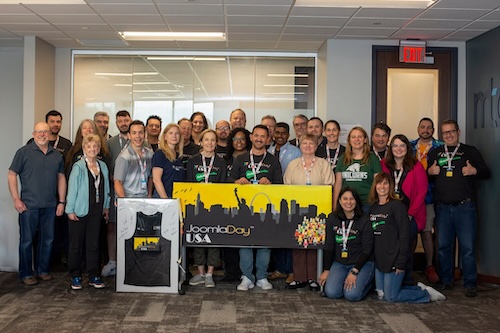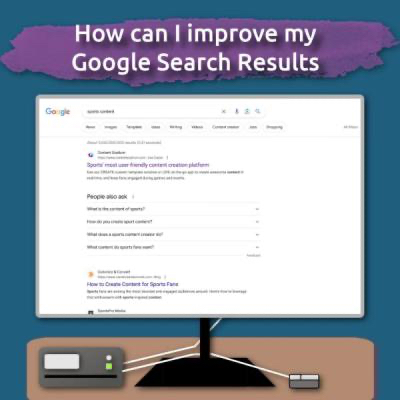How we create • together at interGen
From social media to measuring performance to simply managing your website, there are a lot of details to cover. InterGen operates on the idea that your website, your social media, and your data are yours. Our job is to make sure that you are getting the most out of your digital resources in the easiest, most convenient way possible. Helping people, businesses, organizations, and communities move forward together is an exciting endeavor that fuels us. Beyond just programming your website, our passion can move your business forward.

Here's what we're passionate about right now...
- Written by Kristin Bird
Will updating my website help or hurt its SEO?
I'm thinking about making some major changes to my website - will those affect my site's traffic?
How do I handle 404 errors when I'm updating outdated content on my site?
Do I need to focus on SEO if my business is small or not reliant on heavy web traffic?
If you're considering a massive overhaul of your site, we can help guide you through the process of understanding and implementing effective strategies for balancing user experience with SEO in the context of website updates.
People First, Then Search Engines
At interGen, we prioritize designing websites for users before optimizing for search engines. These two goals aren't contradictory; in fact, enhancing search engine visibility is a crucial aspect of user experience. This approach ensures both users and search engines benefit from a well-organized and informative website.
Read more: Website Updates and SEO: Balancing User Experience and Search Visibility
- Written by Brian Mitchell
For nearly two decades, the interGen team has embraced Joomla! as our preferred content management system. Last week, we celebrated this powerful platform and its vibrant community at JoomlaDay USA in Nashville, an annual event attracting developers and Joomla enthusiasts from across North America and Europe.
After spending the week in Nashville, our whole band would agree that the Joomla platform really sings! Attendees from interGen included:
- Brian Mitchell, interGen President (attended on site)
- Kristin Bird, our support team lead (attended on site)
- Aaron Morrison, front-end dev (attended virtually)
- Manu Beladevan, back-end developer (attended on site as the event's first ever participant from India)
We were also proud to be supporting the event as a Gold Level Sponsor.
Event Highlights that Will Benefit our Clients
- Written by Kristin Bird
Are you ready for a whole new level of web development and content management? Joomla, one of the most trusted and versatile open-source content management systems, is stepping into the spotlight with the release of Joomla 5. This exciting upgrade promises to bring a host of benefits that will delight both seasoned developers and newcomers to the world of website management.
Let's dive into the advantages that Joomla 5 has in store for you:
- Performance Boost: Speed and performance are crucial in today's digital landscape. Joomla 5 brings significant performance enhancements, ensuring that your websites load faster, which is not only user-friendly but also favored by search engines for better SEO rankings.
Read more: Joomla 5: Unleashing a New Era of Web Development
- Written by Brian Mitchell
Email can feel like a constant battle. Let's forget about how much of it there is for a moment. The world is so focused on how to avoid spam and phishing attempts it is easy to forget there is an opposite side to the email coin. What if you are a business leader? How do you ensure that the emails you are legitimately sending on behalf of your organization don't simply get tossed in with the rest of the garbage and incorrectly labeled as spam or suspicious?
What follows is a summary of the three most important tools that will help ensure the deliverability of your legitimate email. This is not a "how to" guide. Although, much of that information is available in the linked headers for each section. Rather, this is an overview of the information that can be included in your domain record (your DNS record) to help provide for the maximum acceptance of your emails for your intended audience.
Read more: Tell the World Your Email is Legit: SPF, DKIM, and DMARC
- Written by interGen Team
A robust online presence is essential, and improving your site's rank on Google Search results can be crucial to your website's success. Optimizing your site for better visibility and a higher ranking requires a thought-out strategic approach. We'd love to share five practical tips to help you boost your site's rank on Google Search, attract more organic traffic, and help stay ahead of the competition.
Tip 1: Improve Your Web Page's SEO
Improving your On-Page SEO (Search Engine Optimization) is one of the best ways to improve your Google Search rankings. It is one of the fastest and easiest ways to improve - you can optimize your page in under 5 minutes. But how do you optimize your site around target keywords?
Read more: Google Search: Improving Your Site’s Rank in 2023





